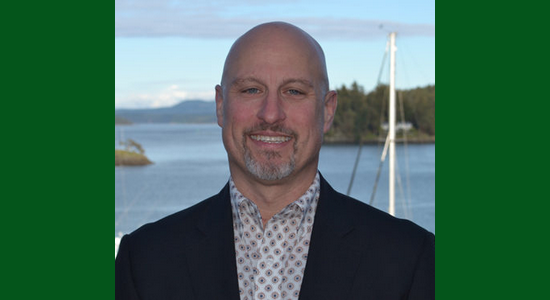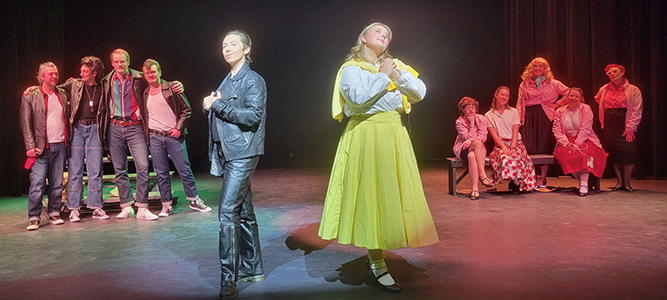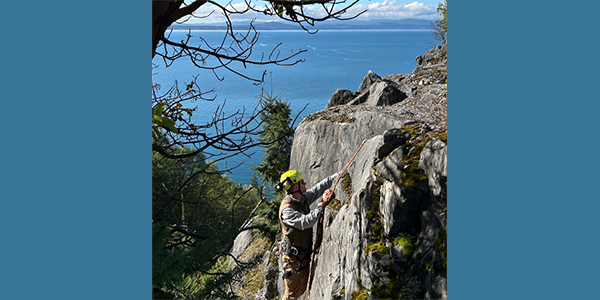— by Lynda V. Mapes from the Seattle Times
It’s open season on Atlantic salmon as the public is urged to help mop up a salmon spill from an imploded net holding 305,000 fish at a Cooke Aquaculture fish farm near Cypress Island.
Lummi fishers out for chinook on Sunday near Samish, south of Bellingham Bay, were shocked to pull up the spotted, silvery sided Atlantic salmon — escapees that turned up in their nets again on Monday.
The Washington Department of Fish and Wildlife is urging the public to catch as many of the fish as possible, with no limit on size or number. The fish are about 10 pounds each. No one knows yet how many escaped. But the net had some 3 million pounds of fish in it when it imploded about 4 p.m. Saturday, said Ron Warren, fish program assistant director for the WDFW.
(to read the full story, go to: https://www.seattletimes.com/seattle-news/environment/oops-after-accidental-release-of-atlantic-salmon-fisherman-being-told-catch-as-many-as-you-want/
**If you are reading theOrcasonian for free, thank your fellow islanders. If you would like to support theOrcasonian CLICK HERE to set your modestly-priced, voluntary subscription. Otherwise, no worries; we’re happy to share with you.**








I am SO FURIOUS about this FGS OUTLAW this lame industry, contaminant — up & down the coast!! SO GROSS FRANKINFISH fine the bejeebees out of em.
& caused by the eclipse? what a load of corporate caca
This sounds like it could be an ecological catastrophe like an oil spill, but first we need some answers from fisheries experts to several pertinent questions:
1. Will these released salmon seriously compete for food resources with native fish?
2. Will they seriously impact any sensitive populations of native fish?
3. Can they survive, breed and become established in Salish Sea waters?
4. Can they interbreed with native salmon and establish a new resident species?
5. And how many Atlantic salmon were released?
I’m sure there are other pertinent questions that others are thinking of, but these come immediately to my mind. Perhaps island marine ecology experts like Dave Caster, Joe Gaydos and Gary Greene could enlighten us a bit here.
This is a worse case scenario, but maybe the orcas and the seals and few osprey and eagles will feast away and thrive at least another year! But WHY were farmed Atlantic salmon being raised here in the first place?
I can answer one of Michael’s questions, #4. Altantic salmon are not interfertile with Pacific salmon, so there will be no hybridization with native salmon. (Atlantic salmon are in the genus Salmo, while our native salmon, including steelhead and cutthroat, are in the genus Oncorhynchus).
We have a preliminary answer to question #1: none of the Atlantic salmon that we’ve examined (28), or that colleagues have reported to us, have had any food in their stomachs when caught. We will be sampling again on September 1st, but at this time we are not seeing evidence of competition with native species.
Will Salish Sea Orcas eat, or have they already eaten, any genus Salmo?